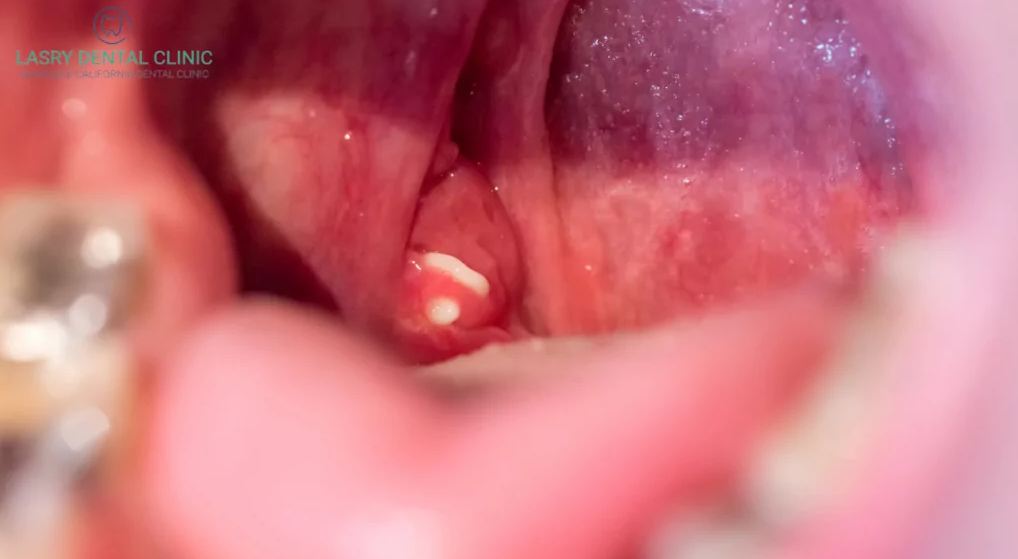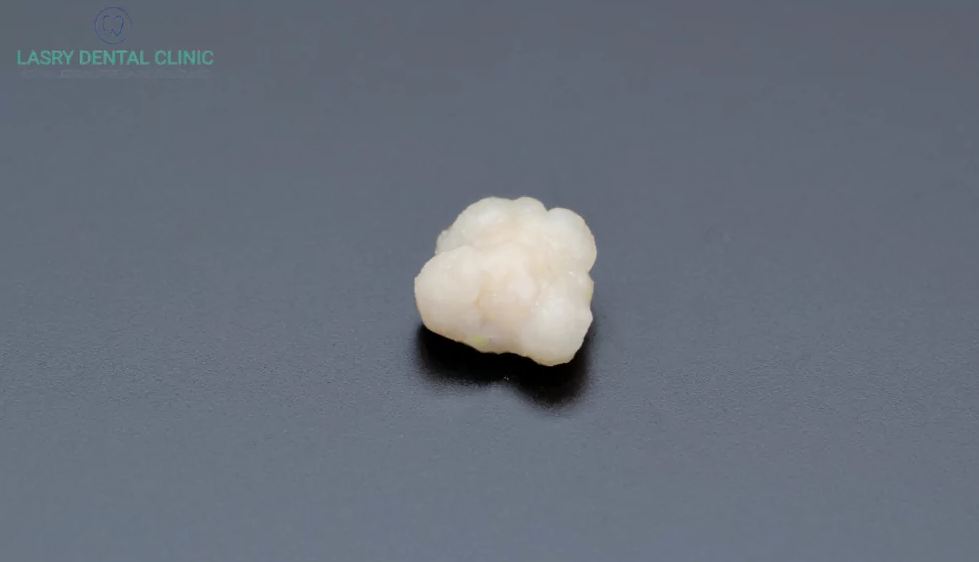Tonsil stones, medically known as tonsilloliths, are small formations that occur in the crevices of the tonsils. While they are often harmless, they can cause discomfort and sometimes lead to bad breath. Tonsil stones are more common than many people realize and can appear in individuals of all ages, though they are most frequent in adults who experience chronic tonsil inflammation.
How Tonsil Stones Form
Tonsil stones develop when debris, such as food particles, dead cells, and bacteria, become trapped in the small folds or crypts of the tonsils. Over time, this debris can harden and form small, stone-like structures. The size of these stones varies; some are tiny and barely noticeable, while others can grow large enough to cause pain or irritation. Several factors contribute to their formation, including poor oral hygiene, chronic sinus infections, and persistent inflammation of the tonsils. Individuals with larger tonsil crypts are also more prone to developing stones, as the crevices provide more space for debris to accumulate.

Common Symptoms to Watch For
Many people with tonsil stones may not experience any symptoms and might not even realize they have them. However, several signs can indicate their presence:
- Bad breath (halitosis): One of the most common indicators, often caused by bacteria accumulating on the stones.
- Sore throat or discomfort: Stones can irritate surrounding tissues, causing mild pain or a scratchy feeling.
- Difficulty swallowing: Larger stones may make swallowing uncomfortable or even slightly painful.
- Visible white or yellow formations: In some cases, the stones can be seen lodged in the tonsils.
Recognizing these signs early can help individuals manage the condition more effectively.
How Tonsil Stones Are Treated
Treatment varies depending on the size and severity of the stones. Small tonsil stones often do not require professional intervention and can sometimes be removed at home using gentle techniques. Gargling with warm salt water is a common recommendation, as it can help dislodge small stones and reduce bacterial buildup. For larger or persistent stones, medical treatments may be necessary. A healthcare provider might use specialized tools to remove the stones safely. In severe cases, or when tonsil stones recur frequently, a tonsillectomy, which is the surgical removal of the tonsils, may be considered.
Preventing Tonsil Stones
Preventive measures focus on maintaining good oral hygiene and reducing bacterial buildup. Some effective strategies include:
- Brushing and flossing regularly to remove food particles.
- Using an antibacterial mouthwash to limit bacterial growth.
- Gargling with salt water or other recommended solutions.
- Staying hydrated to maintain saliva flow, which naturally helps clean the mouth and tonsils.
- Regular dental check-ups can also help identify any risk factors early and prevent complications.

When to See a Doctor
While tonsil stones are usually harmless, there are times when professional evaluation is necessary. Individuals should consult a healthcare provider if they experience persistent pain, swelling, or difficulty swallowing, or if the stones lead to repeated infections. Prompt medical attention ensures proper treatment and prevents complications.
Living With Tonsil Stones
For most people, tonsil stones are more of an inconvenience than a serious health threat. With proper care and attention to oral hygiene, their occurrence can be minimized. Understanding the causes, symptoms, and prevention methods empowers individuals to manage this condition effectively, leading to better overall comfort and oral health.

















